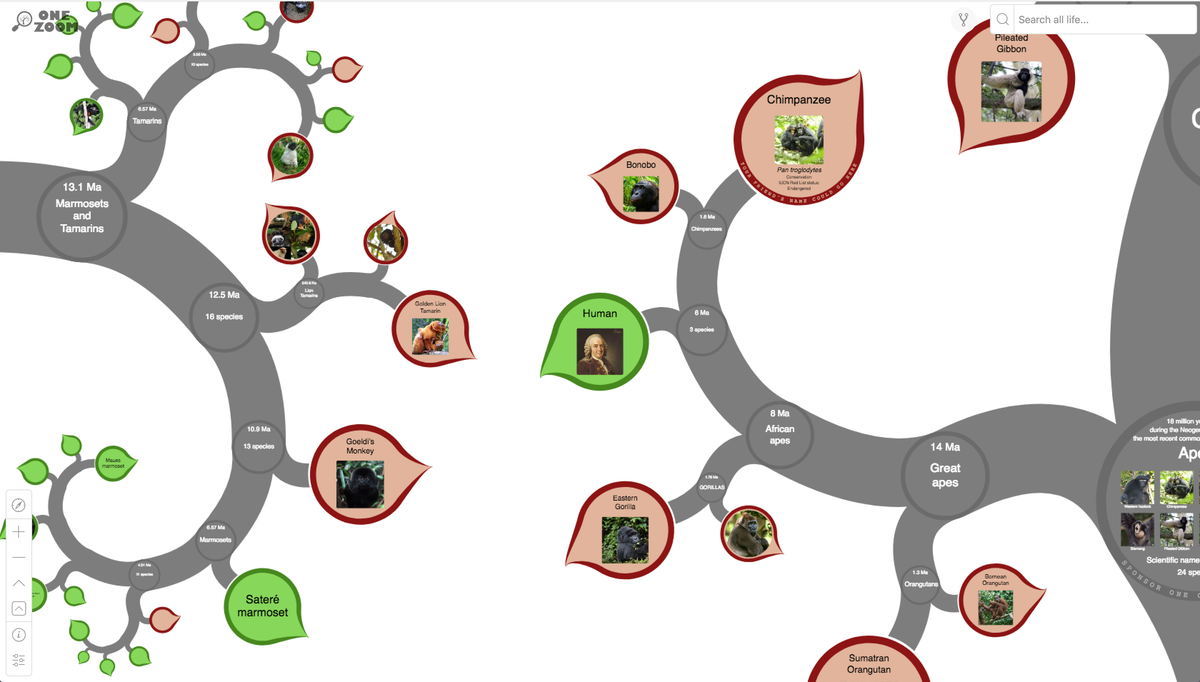The Evolution of Family Trees: Tracing Lineage in the Modern Era
For centuries, establishing lineage and delving into one’s heritage has been a pursuit rooted in personal curiosity and cultural significance. Genealogy has evolved into a multidimensional field of study. Here, we’ll explore the modern twists of tracing ancestry, including the intricate royal family line of succession.
The Impact of DNA Testing on Genealogy
DNA testing represents a seismic shift in genealogical research. DNA results don’t just offer ethnic compositions; they can also pinpoint specific regions of the world where your ancestors possibly lived. It can validate oral histories or uncover surprises in the family narrative. However, interpreting the scientific jargon of centimorgans and haplogroups can be overwhelming. Partnering DNA results with traditional genealogical methods paves the way for an enriched understanding of one’s genealogy. The collaboration of these two approaches enables individuals to fill in the blanks in their family trees, authenticate family lore, and make unexpected connections.
Choosing the Right Genealogy Software and Tools
The role of technology in tracking family lineage cannot be overstated. Genealogical software integrates a wealth of information, from census records to birth and death certificates. Security features like backup and encryption ensure your precious family data remains intact for posterity. A family story can be created from dry data using customization options like adding media and narratives. These tools also allow for the importation of GEDCOM files, a universal format in genealogy that enables sharing across different software and platforms. Robust software systems can provide prompts and guides, helping even the most novice researcher tap into the power of organized genealogy.
The Role of Social Media in Genealogical Research
As the world grows increasingly digital, even the past is not impervious to the influence of social media. Platforms are becoming vibrant communities where experiences and data intersect. Some groups dedicated to regional genealogical research can be a goldmine, where a chance conversation could lead to the discovery of a distant cousin or the location of a great-great-grandparent’s gravesite. These networks help unearth connections and serve as invaluable support groups when the research journey hits inevitable snags.
Navigating Public Records and Archives
The diligent combing through public archives forms the backbone of genealogical research. Such efforts may divulge an ancestor’s involvement in significant historical events or reveal migrations that shaped family stories. While handling original documents is a historian’s dream, digitized archives have made access exponentially more accessible, allowing genealogists to conduct research from anywhere. Municipal, state and national archives offer a plethora of records; however, understanding the cataloging system requires some learning. Once mastered, a genealogist can weave in and out of records with finesse, extracting valuable insights to piece together ancestral puzzles.
Understanding Ethnicity Estimates and Ancestral Origins
Unpacking ethnicity estimates provided by DNA testing services resembles assembling a complex mosaic of one’s genetic heritage. Enthusiasts should approach these estimates with measured expectations. They result from complex algorithms comparing your DNA to modern populations with long-standing residence in certain regions. Nonetheless, these estimates add color to the black-and-white pictures of our ancestors, giving a textured view of our lineage.
Building a Physical Family Tree: Creative Displays and Preservation
Aside from digital depictions, crafting a physical family tree can be a satisfying hands-on project. Some families opt for artistically drawn trees, while others might choose a more interactive approach using actual tree branches. Using acid-free materials and UV-resistant frames for photos and documents is crucial for preservation. Moreover, recording oral histories with older relatives and including personal anecdotes alongside names and dates helps keep the memories alive and meaningful.
The Benefits of Joining Genealogy Groups and Societies
Local genealogy societies are often the custodians of region-specific resources and lost history. These groups provide networking opportunities and expertise sharing and often host guest speakers who are leaders in the field. Participating in organized research trips or cemetery walks can add a dimension of tangible experience to the data-driven aspects of genealogy. The support and camaraderie in these communities are second to none for both the novice and experienced genealogist.
Overcoming Common Challenges in Genealogy Research
Tracing one’s ancestry is rarely straightforward. Records can be fragmented or lost, languages can change over time, and boundaries may shift with history. Tackling these challenges requires a blend of creativity, resourcefulness, and, occasionally, serendipity. Stubborn genealogy brick walls might need the collective solving of various experts and hobbyists, leveraging diverse expertise and viewpoints. Lifelong learning and adaptability are prerequisites in the genealogist’s toolkit.
The Future of Genealogy: Predictions and Innovations
Technological advancements in the future can completely redefine the field of genealogy. High-throughput DNA sequencing and advanced data analysis could reveal even richer narratives. Reports from reputable sources like The New York Times glimpse these trends, keeping enthusiasts apprised of the latest innovations and conversations circulating in the genealogy world. At the same time, the technological landscape shifts, but the essence of genealogy remains the quest for connection and understanding of one’s roots.
Teaching the Next Generation: Involving Young People in Family History
The future of genealogy also depends on involving the younger generation. Crafting stories around ancestors, showing them artifacts, or even integrating their genealogy projects into school curricula can spark that initial curiosity. It’s about passing on a sense of belonging and the knowledge that their stories are part of a larger tapestry—a never-ending narrative that they, too, will continue to write.

Hello! Let me enthusiastically introduce myself as a dedicated blogger fueled by an intense passion for meticulously crafting insightful and well-researched blogs. My mission revolves around providing you, dear readers, with a veritable treasure trove of invaluable information.







